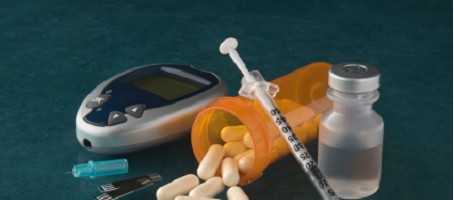A 12 year study shows mortality rates reduced by around 40% in patients with type 2 diabetes following a high level of self management behaviour.
340 patients with type 2 diabetes were monitored over a period of 12 years, through which the self management activities they were following were recorded. A high level of self management was defined as meeting at least 4 of the following 6 criteria:
Self-monitoring blood glucose
Maintaining a diabetes diary
Monitoring weight
Having a diet plan
Taking physical activity
Performing foot checks
The results showed that those that met 4 or more of the above self management practices had reduced HbA1c levels of 4.8 mmol/mol (0.4%) compared to those with lower self management scores but not with lower levels of LDL cholesterol, blood pressure, microalbuminuria (protein in the urine), peripheral arterial disease (PAD) or neuropathy.
The big changes however, were seen in mortality where the patients with a high level of self management had a 39% lower rate of death over the study. When researchers assessed death rates from heart disease alone, the patients with the high rates of self management had a 35% lower rate of death from cardiovascular disease.
Co-lead author of the study, Professor Rolf Holle, said: “Patient-centered services, such as diabetes education, self-management training and information services therefore make a valuable contribution to good patient care and should continue to be expanded.”
Monitoring blood glucose levels and keeping a diabetes diary are two of the self care methods, used in this study, that can help improve health. If you have non-insulin treated type 2 diabetes but have not been provided with blood glucose testing strips on the NHS, take part in the Type 2 Testing revolution.




